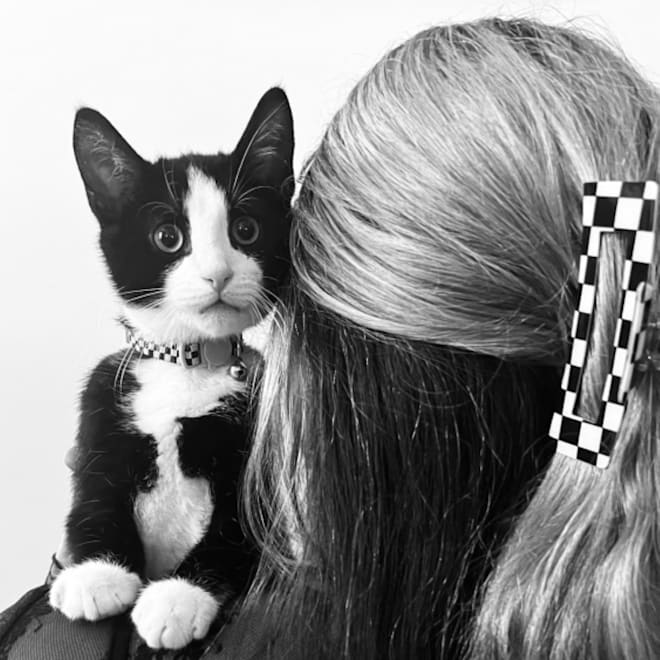Alongside learning how to write short fiction, I’ve also been paying attention to where certain stories want to live.
Some pieces feel quiet and...

The Lights of Greyfare by Juno Guadalupe is a gothic horror novel set in a Northeastern coastal town where mysterious "lights" have appeared. Needful of change, anything to pull her out of a deep depression resulting from a nasty and brutal divorce, journalist Katherine "Kat" Calder accepts an offer to investigate and report on the phenomena of "lights" appearing and children disappearing in Greyfare, Maine. The people of Greyfare are friendly, but clearly hiding something, a secret not to be disclosed - ever. Kat meets Dean, a widower displaying many of the traits shared with Kat over a familiar sense of loss, and as their bond deepens, so too do clues to a deep and dark mystery that permeates everyone's lives in Greyfare.
Juno Guadalupe's first novel is a solid winner, a masterful "collision" of literary prose and supernatural fiction where the two forms come together to create a story that keeps readers guessing, while maintaining a stranglehold to keep them turning the pages. I've seldom read a novel that captures the literary characteristics of layered prose, in the form of multiple meanings and perspectives wrapped into a single narrative, while maintaining conspiratorial suspense and characterization. Gudalupe's ability to set the scenes, build the characters, and that all-important verisimilitude (sense of reality in all facets of the story) make for a captivating novel that is just the beginning of what could quickly become a fruitful career. The Lights of Greyfare is among the very best horror novels I've ever read, rivalling some of the world's top authors in this genre.
The book follows Katherine Calder, a burned-out journalist reeling from heartbreak, addiction, and the collapse of her marriage. She drifts into Greyfare, a coastal Maine town wrapped in fog, folklore, and menace. What begins as an assignment about strange lights and odd behavior slowly spirals into something darker, blending her personal unraveling with the creeping dread of a town that seems alive in ways it shouldn’t be. The story balances her private grief with an escalating sense of otherworldly danger, drawing the reader into a story where isolation, obsession, and the supernatural bleed together.
I found myself both impressed and unsettled by Juno Guadalupe’s writing. The prose is vivid, almost cinematic, and it often feels like the narrator is talking directly to you. The raw honesty in Kat’s self-destructive habits and inner monologue resonated with me. Sometimes I wanted to shake her. Other times, I felt her pain in my gut. The blend of humor and despair made her feel real. But the story also takes sudden, chilling turns. Those shifts, from Kat’s drunken sarcasm to grotesque encounters with what lurks in Greyfare, kept me off balance in the best way. It was like watching a storm roll in, beautiful and terrifying.
Kat’s internal spirals gave the story a raw and unfiltered rhythm. They slowed the pace in a way that felt intentional, letting me sit with her turmoil instead of rushing past it. Her reliance on alcohol and pills wasn’t easy to watch, but it made her struggle painfully real. That messy honesty reminded me how complicated people are, and that’s what gave the book its emotional punch. The horror elements, especially the mimicry and the way the environment itself seemed to breathe, gave me chills. They also mirrored Kat’s own sense of being replaced or erased, which added a clever layer of psychological dread.
The Lights of Greyfare is more than just a horror story. It’s about grief, identity, and the lies we tell ourselves just to keep going. I’d recommend it to readers who like their horror atmospheric and layered with emotional weight. If you enjoy Stephen King’s small-town dread or Gillian Flynn’s raw character work, this book will pull you in. Just don’t expect clean answers. Expect to sit with the fog, the echoes, and the ache of a story that wants to haunt you long after you close the book.